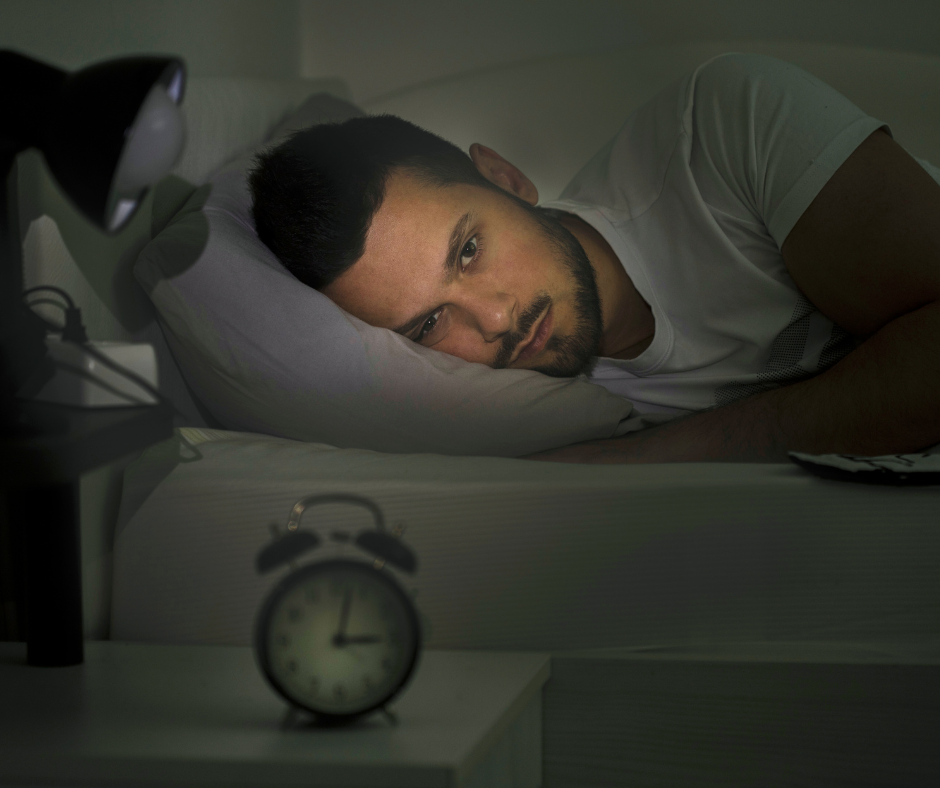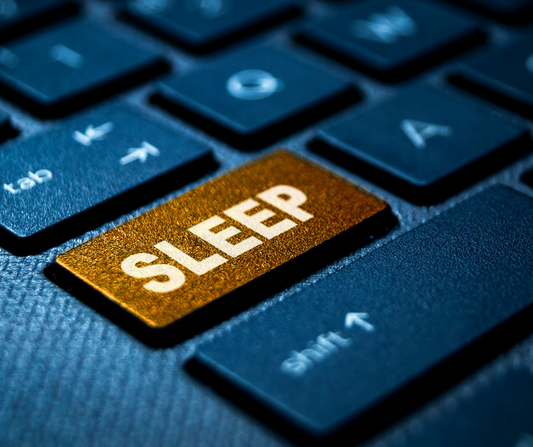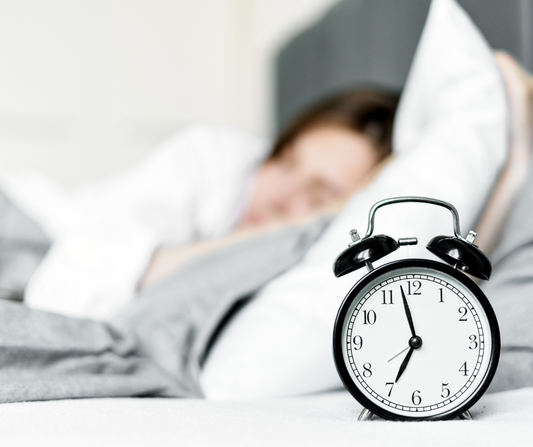It’s 3:00 am and you’re awake. Again. You roll over, tucking your blankets under your chin, and will yourself to relax and go back to sleep. Your mind wanders to a work meeting in the morning. The room feels too hot. You look at the clock again. It’s already 3:30. Panicking, you realize that the night is slipping away. Finally, you flip on the TV to watch some Netflix, hoping it will make you sleepy.
What’s happening here?
Experts refer to this sleep-robbing problem as “sleep maintenance insomnia” which affects one in five Americans. It develops when our brains respond to normal nighttime wakeups with hyperarousal and as we worry about being awake during the night, the cycle worsens.
What causes waking up in the middle of the night?
Nighttime wakeups are a perfectly normal part of a regular sleep cycle. The inability to fall back asleep may be caused by physical factors, such as pain, digestive problems, hormones, or even a full bladder. Psychological factors including stress and anxiety can play a major role. Other habits such as an inconsistent sleep schedule, intake of caffeine after lunchtime, smoking, alcohol, and technology usage before bed can also play a role in nighttime wakefulness.
What should I do when I’m awake in the middle of the night?
After taking care of health needs, such as emptying your bladder, or taking medication for pain (if needed), it’s time to get comfortable in your cool, dark room and settle in with comfortable bedding and, of course, your 6-Chamber Pillow.
Avoid clock-watching and try employing deep breathing exercises to relax. But if you think 20 minutes have passed and you’re still awake, it’s time to get out of bed for a while. Find a comfortable chair and read a book or distract yourself with quiet music or a podcast. Avoid stressful activities like working or paying bills. Return to bed again when you feel drowsy.
John Hopkins sleep expert Luis Buenaver adds, “It can be difficult leaving a warm, comfortable bed after waking up in the middle of the night. But think of this step as an investment in better sleep—if not tonight then tomorrow night and in the future.”
The Takeaway
Occasional nighttime wakeups are common. The best remedy is to be sure that you have a comfortable sleep environment and that you have addressed other habits that might inhibit a good night’s rest. If the problem persists, get out of bed and do a relaxing activity like reading or listening to a podcast. You DO NOT want your subconscious mind to associate your bedroom with restlessness!
Scroll down and sign up for our monthly newsletter to learn more.
Dream big, work hard, sleep ambitiously,
Joe Castignani



